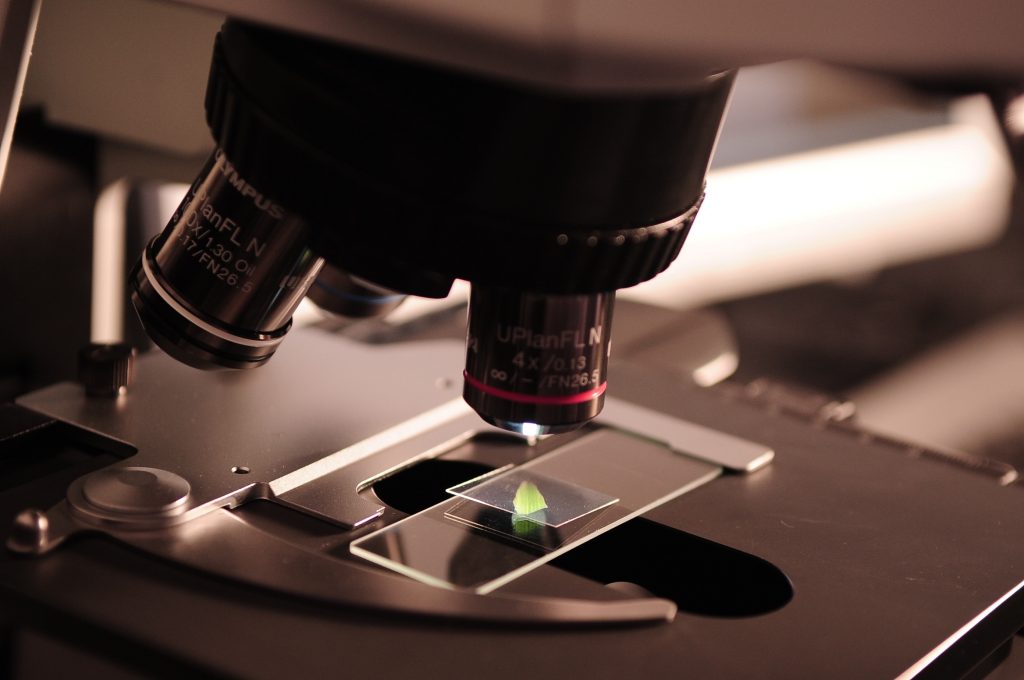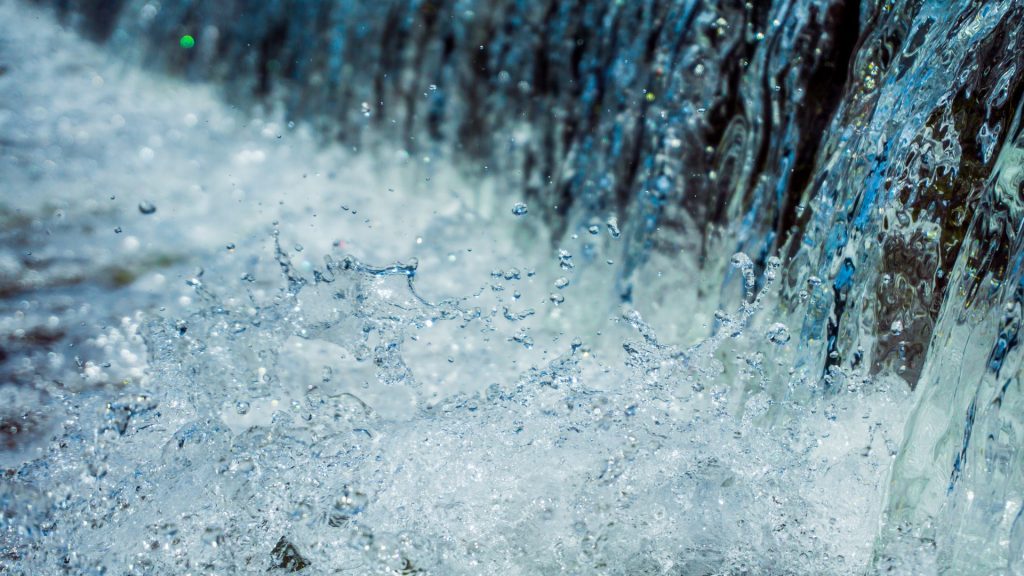
About AquaConnect
The Dutch delta faces enormous challenges in fresh water provision for industry, agriculture and nature during increasingly frequent severe droughts. This requires a major overhaul towards a water system that stores precipitation surpluses instead of discharging it to sea and that uses alternative water sources. AquaConnect is instrumental in the transition towards this system by developing:
i) risk-assessment strategies for circular water systems ii) water treatment technologies that enable the use of domestic/industrial effluents and brackish groundwater; ii) digital technologies for subsurface water distribution modelling and the design of smart water grids which connect supply, demand and nature-based storage; iii) tools to manage related societal changes; iv) demonstrations of AquaConnect technologies and tools in four demonstration areas in the Netherlands, and internationally.
Key technologies for safeguarding regional water provision in fresh water stressed deltas
Connecting water supply and demand
Connecting water quantity and water quality
Connecting natural and man-made water systems
Connecting partners in various institutions of practice Connecting Dutch water programs and pilots
Connecting national upscaling to international outreach
Problem Analysis.
The Netherlands, and delta’s worldwide, are increasingly threatened by freshwater scarcity as a result of an increased water consumption, climate change related droughts and saltwater intrusion. These result in seasonal fresh water shortages for ecosystems, agriculture, industry and even municipalities. Formerly, the prime concern for deltas was protection against floods with dikes, levies, flexible (ship) locks and a water infrastructure designed for fast discharge of excess rainwater to the main rivers and sea. More recently, with the years 2018, 2019, and 2020 as the most extreme examples, water scarcity occurs for four to eight months a year. Therefore, the traditional “Delta strategy” needs to be adjusted to increase fresh water availability during droughts. Local producer-to-consumer water grids, nature-based water buffering and treatment and technologies will urgently be needed to achieve this. This will include storing of wet-season surpluses and (re-)use of all water sources available, including currently ignored nonconventional water resources. These nonconventional water resources, such as industrial and domestic effluents and brackish groundwater, are available year-round, and help to overcome water shortages. This will constitute a major technical and societal transition that AquaConnect aims to address. AquaConnect aims to support this transition on three levels:
- On the water system level, with digital technologies
- On water treatment technology and infrastructure level, with digital and chemical technologies
- On the societal/cultural level, with new governance approaches.
Hereby, AquaConnect will contribute to a paradigm shift in fresh water provision in The Netherlands: from “discharging precipitation surplus and effluents to main rivers and the sea as quickly as possible to prevent flooding” to “storing and reusing water to arrive at drought resilient and regionally self-sufficient fresh water provision”.
Knowledge gaps
To ensure future fresh water provision and obtain a drought-resistant water provision system in the form of a smart water-grid, several scientific knowledge-gaps and application-related barriers need to be tackled prior to the succesfull application of regional smart water-grids:
- unclear and uncertain availability of nonconventional water sources.
- potential of subsurface water storage.
- possibilities for the water network for delivering water from the supply resource to the demand site.
- dynamics of brackish water extraction and underground brine disposal.
- unknown quality requirements for different water re-use schemes in a circular -re-use based- water system, associated with a lack of cost effective technologies for treatment that can tailor quality to these requirements and prevent new problems with brines and sludges.
- a lack of insight in the economic value of freshwater availability for regional economics, appropriate and effective governance and legal arrangements, and societal/cultural dynamics relevant for upscaling.
- lack of design instruments to test the feasibility and economics of adaptations in local water infrastructure (smart water grids, infrastructure needed to bring the water from sources to the end users in industry, agriculture or nature conservation).
- a lack of integrated demonstrations with stakeholder inclusion, which is the most convincing tool for further integration, national upscaling and international outreach.

The program consists of three interdependent research lines:
Pathway to Impact.
AquaConnect aims to improve understanding of -and ways to resolve- these barriers, scientifically, technologically, and from a societal perspective, in an integrated and scientifically coherent way. This will be accomplished by generating new scientific technological and governance insights. Our technology-supported-by-governance approach can be adopted in other water scarce deltas across the globe, thereby creating opportunities for export. The AquaConnect pathway to impact is accomplished by linking scientific research work packages to four stakeholder groups different regions of The Netherlands with generic and region-specific water provision problems ensuring the transfer of scientific insights and technical innovations to demonstration and practical outcome.
The technological outcomes of the scientific research are toolboxes of key technologies (digital and chemical), risk assessment methods for circular water systems defining sustainable applications including that of the treated water, and co-produced sludges and brines, and science-based guidelines for adapting accompanying social/economic/legislative instruments to maximize impact. These will be integrated by analyzing the contextual and generic character of four regions typical for deltas and creating integrative solutions, based on smart water grids using storage technology and nonconventional water resources to safeguard regional provision for drinking water production, industry, agriculture and nature. By demonstrating these with the stakeholders, we aim for end-project and post-project continuation and upscaling, and set an example function for other regions in NL and globally, all leading to impact: a changed water provision management put in practice and accepted by society.
Vision of Impact
AquaConnect will provide new scientific and technological knowledge on the potential of using nonconventional water sources, including:
- Wide scale (subsurface) water buffering
- Safety and sustainability of the use of nonconventional water sources, including tailored treatment to deliver adequate qualities for use of water, brines and sludges.
- Answers to how to connect regional water demand and supply with physical and digital infrastructure complementary to current water grids
- An assessment of socio-economic, legal, governance, cultural and perception issues related to alternative water source (re)use and natural system storage.
These newly-developed digital and chemical technologies will be validated and demonstrated in pilots and smart grids in ongoing and new case-studies, offered by regional stakeholders in the four earlier described Dutch regions in close collaboration with research institutes. Scientific analyses of socio-economic and legal instruments in close cooperation with local, regional and national authorities will facilitate the smooth full-scale implementation of the newly developed key technologies. Business models for these newly developed technologies will be assessed together with technology-suppliers and consultancies. Ultimately, this will lead to an AquaConnect toolbox of proven technologies that can be used for the scaling up of smart water-grids throughout The Netherlands, and demonstrated on pilot to full scale internationally by companies involved in AquaConnect.